The Future of Retail Security: Trends and Innovations to Watch Out For
As retail continues to evolve, so do the methods and technologies used to safeguard businesses, employees, and customers. Retail security services have always played a crucial role in protecting stores from theft, fraud, and other risks. However, with the advent of new technologies and growing security concerns, the landscape of retail security is undergoing significant changes. To stay ahead of the curve, retailers must keep an eye on emerging trends and innovations that are reshaping the future of retail security.
In this article, we’ll explore the key trends and innovations that are shaping the future of retail security services, from cutting-edge surveillance technologies to the integration of close protection services. We’ll also discuss how retailers can adapt to these changes to maintain a secure environment in an ever-changing market.
The Rise of Technology in Retail Security
The future of retail security will be heavily influenced by the rise of technology. Retailers are increasingly turning to advanced technological solutions to monitor their premises, detect threats, and respond to incidents in real-time. Here are some of the key technological innovations that are transforming retail security:
1. Artificial Intelligence (AI) and Machine Learning
Artificial intelligence (AI) and machine learning (ML) are poised to revolutionize the way retail security services are implemented. AI-powered security systems can analyze vast amounts of data to detect suspicious behavior and potential threats in real-time. For instance, AI systems can monitor surveillance cameras, analyze customer movement patterns, and flag unusual behavior that may indicate shoplifting or other criminal activities.
AI can also improve the efficiency of retail security services by automating repetitive tasks, such as reviewing hours of surveillance footage. By doing so, security personnel can focus on critical situations while the AI handles routine monitoring. Machine learning algorithms can also continuously improve their ability to identify emerging threats by learning from past incidents.
2. Video Analytics and Smart Surveillance Systems
Video surveillance has been a fundamental aspect of retail security for decades, but it is becoming smarter and more efficient. Video analytics, combined with AI, allows security systems to do much more than just record footage. These advanced surveillance systems can identify and track individuals in real time, detect abnormal activities, and even recognize objects.
For example, retailers can now integrate facial recognition technology into their surveillance systems, which can identify known shoplifters or suspicious individuals. This type of technology is becoming more accessible and affordable for retailers, and it provides an added layer of protection by helping to prevent and deter theft before it occurs.
Smart surveillance systems can also use heat maps to track customer traffic patterns in the store, helping retailers optimize store layouts and improve security in high-risk areas. With the integration of cloud-based storage, store owners can access real-time footage remotely, allowing them to monitor security systems from anywhere in the world.
3. Internet of Things (IoT) in Retail Security
The Internet of Things (IoT) is another game-changing innovation in retail security. By connecting devices and sensors to the internet, retailers can monitor and manage security systems more effectively. IoT-enabled devices can include motion detectors, door alarms, smart locks, and even inventory management systems that automatically detect when products are missing.
One of the most significant advantages of IoT in retail security is its ability to provide real-time alerts. For example, if a store’s door or window is breached, security personnel will be notified immediately, enabling them to respond quickly. Furthermore, IoT systems can integrate with other security measures, such as access control and surveillance cameras, to create a comprehensive security network.
Additionally, IoT sensors can be used to monitor the environment within the store, such as temperature and humidity levels, which can be especially useful for businesses that sell perishable goods or expensive merchandise. The interconnectedness of IoT devices makes it easier for retailers to detect, respond to, and prevent security breaches in a timely manner.
4. Drones for Surveillance
Drones are gaining traction as a novel way to enhance retail security. While they have been primarily used in sectors like agriculture and real estate, drones are becoming more prevalent in retail as an aerial surveillance tool. Drones can be used to monitor large retail spaces, shopping malls, or parking lots, providing an overhead view of the premises.
Drones equipped with cameras and thermal sensors can detect unusual activity, such as loitering or unauthorized access, and immediately alert security teams. Their mobility and ability to cover vast areas make them an efficient tool for monitoring large retail environments, especially in high-risk areas.
5. Robotic Security Guards
In addition to drones, robotic security guards are starting to make their way into retail security services. These autonomous robots are designed to patrol stores, monitor for suspicious activities, and report any security threats to human security personnel. They can patrol aisles, scan for inventory discrepancies, and interact with customers to provide a high-tech solution for security.
Robotic security guards are equipped with cameras, sensors, and communication systems that allow them to monitor store environments and detect any security breaches. They can also assist in crowd control and ensure that customers follow store policies, such as wearing masks or social distancing.
Although robotic security guards are still in the early stages of adoption, their potential to reduce costs and improve operational efficiency makes them a promising innovation in retail security.
Integrating Close Protection Services into Retail Security
In addition to traditional security measures, many retailers are recognizing the value of close protection services for high-profile individuals, such as celebrities, executives, or VIP customers. Close protection services involve providing personal security for individuals who may be at a higher risk of threats or harm due to their public status or role within the company.
For high-profile individuals visiting retail locations, close protection officers can help ensure their safety by preventing potential threats, managing crowds, and providing a discreet yet effective security presence. Close protection officers are highly trained professionals who are skilled at assessing risks, responding to emergencies, and coordinating with other security personnel to ensure the safety of their clients.
Incorporating close protection services into your retail security strategy is particularly important if your business regularly hosts high-net-worth clients or celebrities. These individuals often face heightened security risks, such as stalking or targeted attacks, and close protection services ensure that they can enjoy a safe shopping experience.
1. Managing Crowds at High-Profile Events
Close protection officers are especially valuable during high-profile events, such as product launches, celebrity appearances, or corporate meetings. These events often attract large crowds and media attention, which can increase the risk of incidents. Close protection officers are trained to manage crowds, identify potential threats, and intervene before situations escalate. Their role in crowd management ensures that VIP clients are protected while still being able to interact with customers and employees in a controlled environment.
2. Discreet Security for VIP Clients
Close protection officers also provide a discreet and unobtrusive form of security for VIP clients. Unlike traditional security personnel, who are visible and may draw attention, close protection officers are trained to blend into their environment while maintaining a heightened awareness of potential threats. This allows VIP clients to move freely and comfortably while still being under the watchful eye of experienced security professionals.
Conclusion
The future of retail security services is marked by rapid technological advancements and the growing need for comprehensive, personalized security solutions. From AI-powered surveillance and smart sensors to the use of drones and robotic guards, retailers must be prepared to adopt new technologies that enhance security while reducing risks.
At the same time, the integration of close protection services for high-profile clients and executives is becoming increasingly important as retailers aim to provide secure environments for VIP individuals. These services complement traditional security measures and offer an added layer of protection that ensures personal safety in high-risk scenarios.
By staying informed about these trends and innovations in retail security, businesses can create safer environments for their customers, employees, and high-profile visitors, ultimately enhancing their reputation and success in a competitive retail landscape.
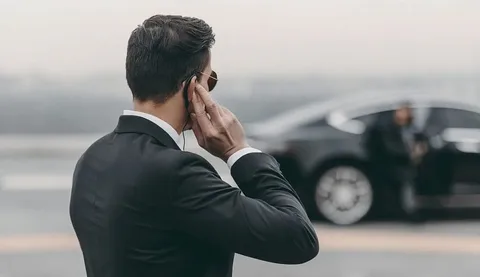
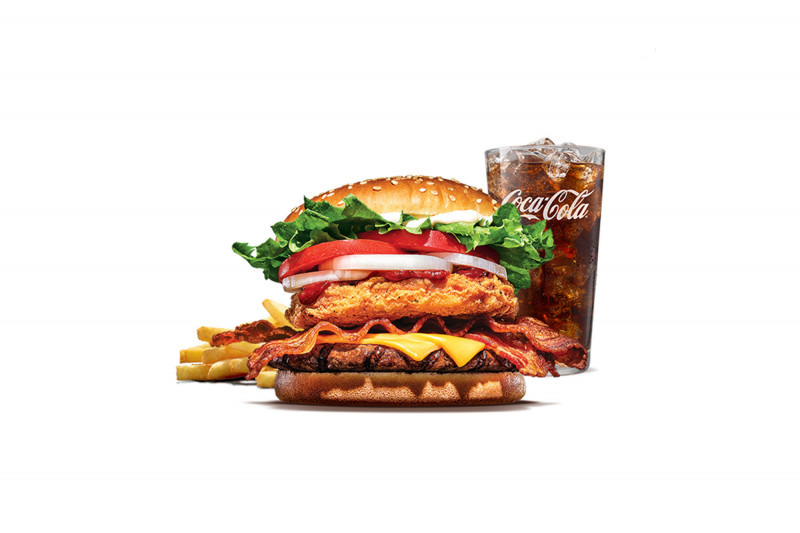
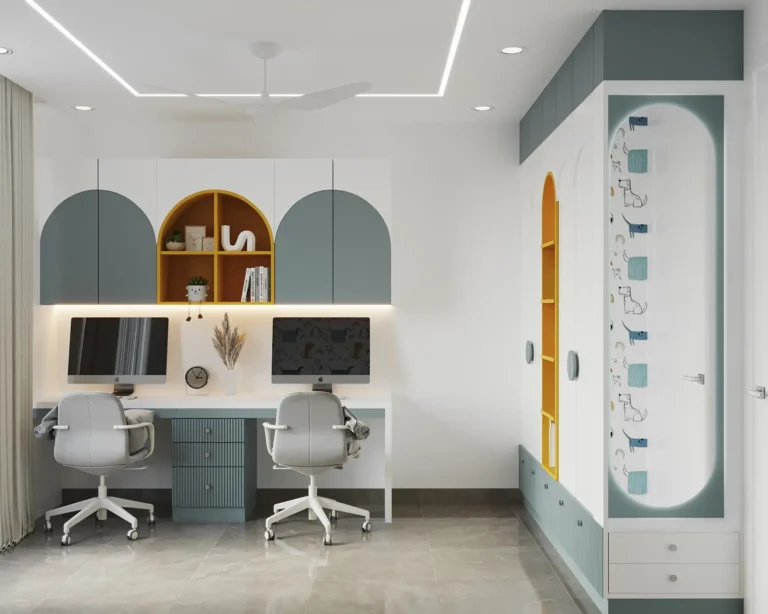


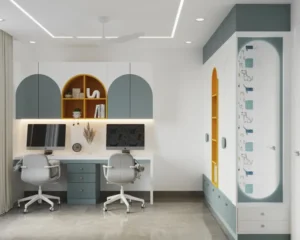



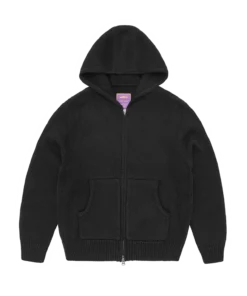




Post Comment